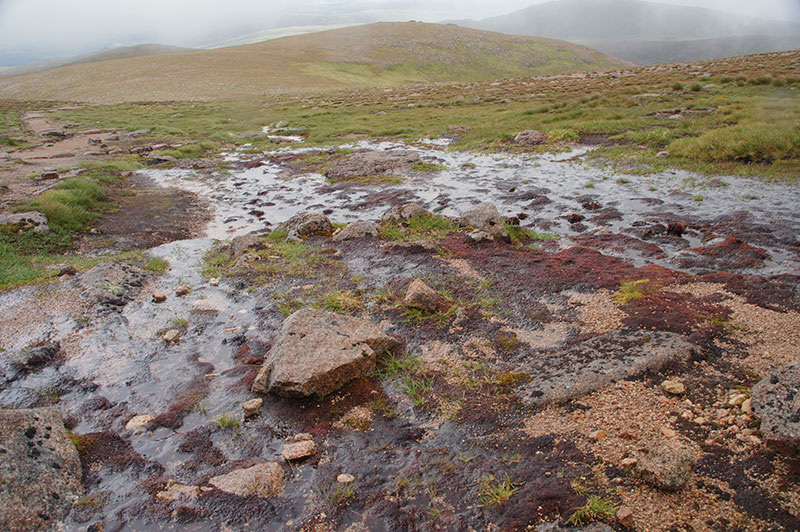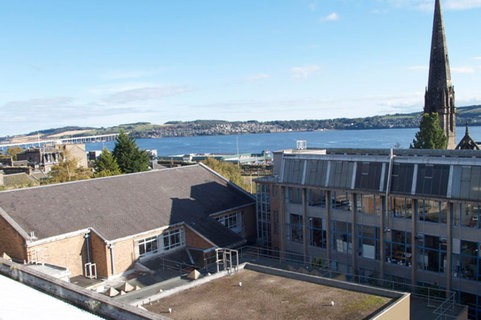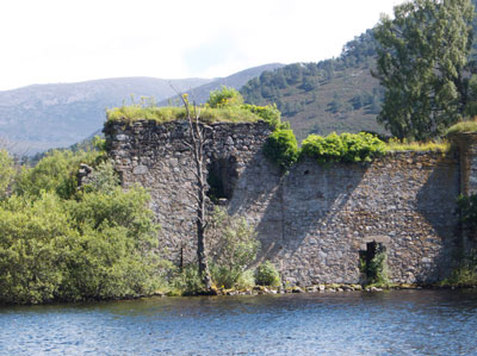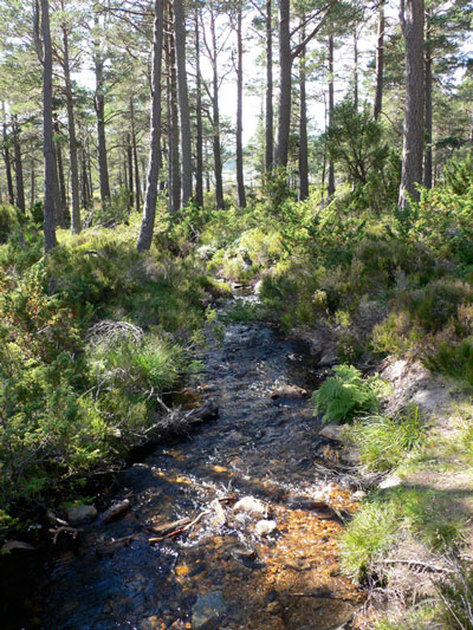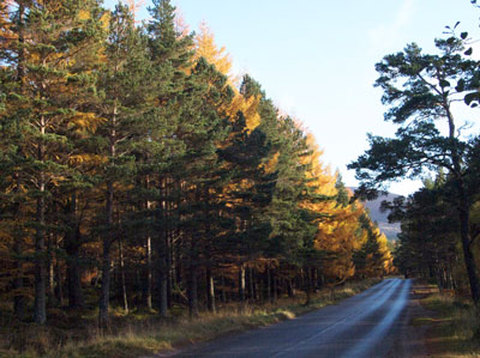MST VII: Invisible Scotland (1-4 August 2013)
AbstractInvisible Scotland: An International Gathering of Multidisciplinary Place-Based Researchers in Scotland Invited speakers from various disciplines will present material concerning ‘invisible’ aspects of Scottish culture, such as the oral tradition, musical ballads, personal narratives, traces of vanished communities, case studies in watersheds and coastal villages, historic ruins, and performances. Scotland itself will be the focus of close investigation by place-based researchers, with the aim of expanding collaborative research about Scotland through research projects. In two days of presentations and performances in Dundee, with two days on a choice of several trips, participants will not only hear and see, but visit firsthand, examples of ‘invisible’ traces in countryside, city, island or community. The audience will be comprised of invited researchers of three separate research networks (artists, landscape architects, architects, curators, geographers, writers, performers and practitioners), Scottish hosts and guests, with the aim of promoting new collaborations concerning Scottish culture through discovery. |
Key Aims
|
Summary of Research Workshop
|
This international research workshop, hosted by PLaCE Scotland and Duncan of Jordanstone College of Art & Design (hereinafter, DJCAD) of the University of Dundee, will bring together people of six nations; Scotland itself will be the focus of investigation by place-based researchers, with the aim of expanding collaborative research about Scotland through projects. In presentations and performances, invited speakers from many disciplines will present material concerning the ‘invisible’ aspects of Scottish culture: for example, the oral tradition, music, personal narratives, traces of vanished communities, case studies in watersheds and coastal villages, geographical traces of distant past, and narratives in historic ruins.
Events in this research workshop will be held over four days and on the fifth day a business meeting of (separately) PLaCE and MST will be held, consectutively: in two days of presentations and performances, held in Dundee (Days 1 and 4), the interdisciplinary discourse will be established. Then, participants will follow one of five or six guided study trips, to various destinations by various modes of transport (Days 2 and 3). |
Details of these trips will be following soon, but may include:
All will be guided tours, and overnight accommodation ‘in the field’ (for the first five listed) will provide informal time for more discussion and collegial collaboration. The final day (ie, Day 4) will see the return of all the study trip participants, and will feature a roundtable, informal drawings, photos, sketches, journal notes, poems, etc. posted for a sharing session, and the finale and ceilidh. A publication dedicated to this research workshop is an intrinsic part of the programme; each participant will have material represented in this printed publication, for example: art, photos, poetry, scholarly text, or personal narrative. This will be assembled, printed and distributed within 2 months of the event. |
The Participants and the GatheringThis international research workshop, held here in Scotland, assembles a possibly unique combination of people whose focus is place-based research. All participants, including the Scottish hosts, visitors from the UK and five other nations, share a passion for looking beyond the superficial, and work across various disciplines to discover aspects of social culture, history and the lived experience. As that focus is brought to bear here, aspects of oral culture, the spoken word and storytelling, traditional music, vanished communities, medicinal plants and the walled garden, waterways, coastlines and Scotland’s maritime past—among many topics—will be discussed and investigated. Inherent to this overview is the careful attention to the visible and invisible aspects of Scotland’s present and past. As participants converge in Scotland in August 2013, there will be a large critical mass of artists, scholars and various professionals who are committed to sensitive scrutiny of contemporary urban and rural sites, linking methods of working in and about place through collaboration. Some members of the Scottish public will be invited as well. It is anticipated that approximately 100 to 120 people will participate, but the two days of trips will group individuals who may have further discussions about collaborative projects and research exchanges. |
Partners in the PLaCE research consortium are:
For more information see: Partners in the Mapping Spectral Traces Research Network:As left, and also with:
For more information see: See also Land2 research network: |
